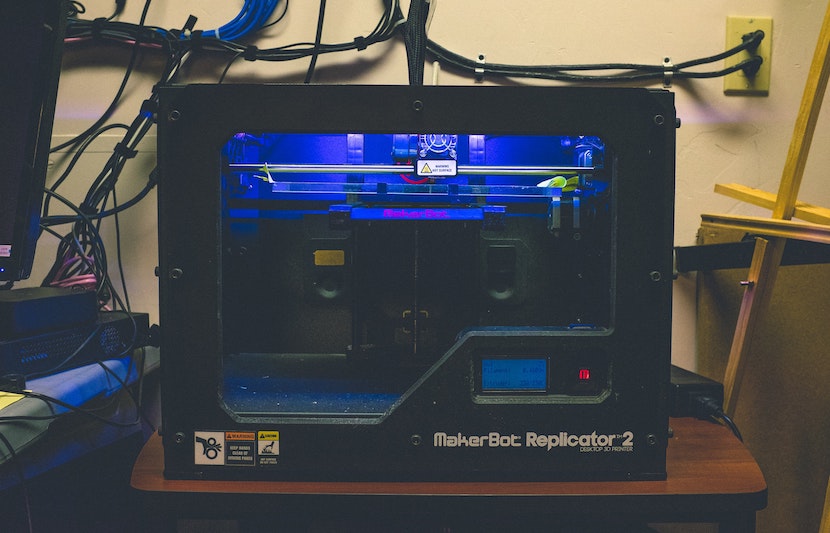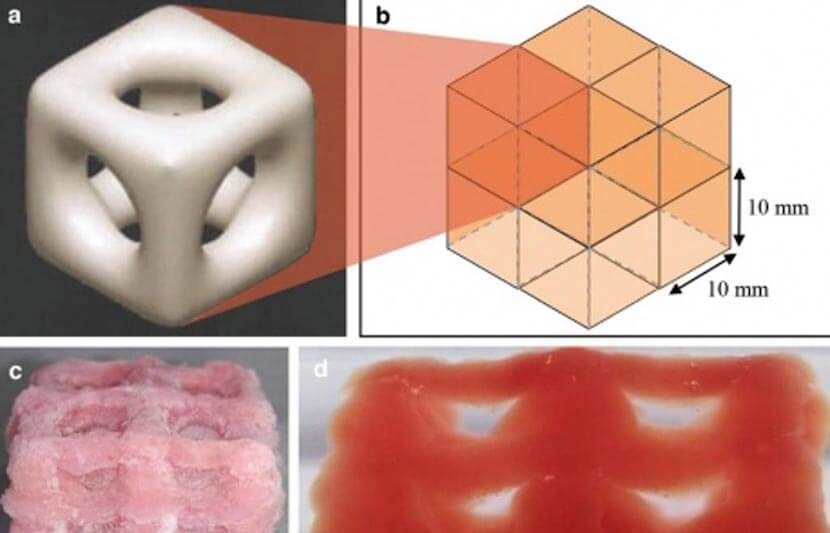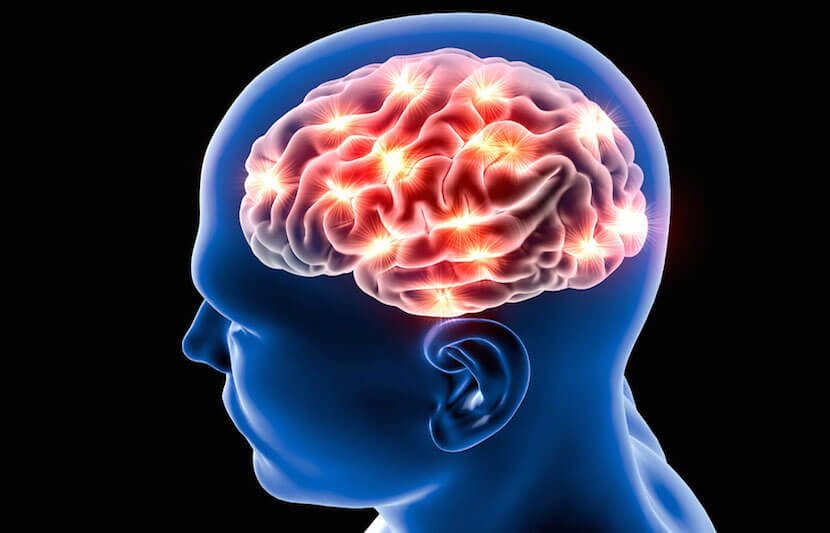-
Cheaper 3D-Printed Model Just As Effective at Student Training
Researchers from Stanford University have developed a way to replicate a patient’s blood vessels in a 3D-printed model, a cheaper, yet as effective, method as commercially available models for training medical students in interventional radiology vascular access. The study was presented at the Society of Interventional Radiology’s 2018 Annual Scientific Meeting. Interventional Radiology Compared to open… Read More
-
How to Learn a Foreign Language
Technology can connect people from the very opposite ends of the globe today in a matter of seconds. However, it is one thing to connect and another to communicate. According to Russell A. Berman, professor of German studies and of comparative literature at Stanford University and former president of the Modern Language Association, Americans’ overwhelming… Read More
-
Seeing the Invisible with Stanford’s Laser-Based Imaging Technique
A team of researchers from Stanford University has developed a laser-based imaging technique that makes it possible to see objects hidden around corners. The researchers are currently focused on applying this technique to self-driving cars, some of which are already capable of sensing what’s around the car, but there are other applications, such as seeing… Read More
-
New Software to Divert Excess Food to Those in Need
A research team from Iowa State University has developed eFeed-Hungers, a mobile-friendly software designed to divert excess food to those in need. The research is led by Sugam Sharma, a computer science expert and systems analyst in Iowa State University’s Center for Survey Statistics and Methodology, and is published in Resources, Conservation and Recycling and… Read More
-
Mindfulness Can Improve Problem-Solving Skills
Mindfulness can increase the capacity to solve computer-engineering problems, according to a recent study conducted by a team of researchers from the University of Seville, Spain. The paper is published in the Journal of Systems and Software. What is Mindfulness? In the field of psychology, mindfulness is to be fully aware of the present. The… Read More
-
College Roommates’ Sensitivity to Each Other’s Distress Can Be Helpful
While college roommates can sense each other’s distress, a recent study by New York University psychology researchers suggests they tend to underestimate the level of distress that each experiences. Supported by a grant from the National Institutes of Health, the study is published in the journal Personality and Social Psychology Bulletin. Stress in College College… Read More
-
Social Media Does Not Displace Face-to-Face Social Interactions
Contrary to popular belief, recent research suggests that social media is not replacing face-to-face contact with family and friends. The study is published in Information, Communication & Society. Fears of Social Displacement For many years, people have worried that social media is replacing human contact. Supporters of this belief poked at the irony: despite its… Read More
-
High Expectations Tied to Higher Test Scores
Students who expect higher scores from their exams generally achieve them, according to a recent study. The study is led by Jan Magnus, visiting professor at the Department of Econometrics and Operations Research of Vrije Universiteit Amsterdam and Emeritus Professor at the Department of Econometrics & Operations Research in Tilburg University, the Netherlands, and Anatoly… Read More
-
Making Fuel Cells Cars More Affordable
Researchers at the University of California, Riverside, have developed an inexpensive and efficient alternative catalyst material for fuel cells, a cleaner source of electricity than natural gas or coal. Their paper is published in Small. A fuel cell uses fuels, such as hydrogen, to produce cleaner and more efficient energy than conventional combustion sources. Additionally,… Read More
-
Scientists 3D Print Super-Soft Brain-Like Tissue
A team of researchers from Imperial College London and King’s College London has developed a new technique for creating 3D structures that can be used to replicate tissues and biological organs. The study is published in Scientific Reports. Organ printing The study of organ printing uses 3D printing techniques to produce artificially constructed device for… Read More
-
‘Stay the Course’ Program Keeps Students on the Path to Success
A comprehensive case management program that helps students financially but, more importantly, addresses their day-to-day obstacles can improve graduation rate in community colleges, according to researchers from the University of Notre Dame. The paper is published in the National Bureau of Economic Research. “Despite the well-documented benefits of an associate’s degree, most students who start… Read More
-
Exposure to Nature Boosts Mental Health of City Dwellers
A team of researchers led by King’s College London, UK, has found that exposure to nature in cities increases the levels of a person’s mental wellbeing. In the study, the researchers used a smartphone app they developed to measure a person’s experience of city living in the moment. The study was a cross-disciplinary collaboration among… Read More
-
Tweets, Coupled with AI, Make for a Better Flood Early-Warning System
Researchers at the University of Dundee, UK, are bringing Twitter, citizen science and AI techniques together to develop an early-warning system for flood-prone communities. The study was led by Dr. Roger Wang, lecturer of fluid mechanics in civil engineering at the University of Dundee. The research is published in the journal Computers & Geosciences. Rising… Read More
-
New Brain Mapping Technique Can Reveal Your IQ
A team of international researchers led by the University of Cambridge and the U.S. National Institutes of Health has used a new technique to map the connectivity of human brains by using brain scans from a magnetic resonance imaging (MRI) scanner and found a correlation between the level of brain connectivity and IQ. The study… Read More
-
Timely Zap to the Brain Prevents Impulsive Urges
Researchers at Stanford University have identified a particular pattern of an electrical activity in the key brain region that predicts impulsive actions before they occur. They also found that a short electrical pulse delivered to that particular brain region at the right time can prevent these actions. The researchers believe that this biomarker can be… Read More

Hyeyeun Jeon
-
How to Learn a Foreign Language
Technology can connect people from the very opposite ends of the globe today in a matter of seconds. However, it is one thing to connect and another to communicate. According to Russell A. Berman, professor of German studies and of comparative literature at Stanford University and former president of the Modern Language Association, Americans’ overwhelming… Read More















